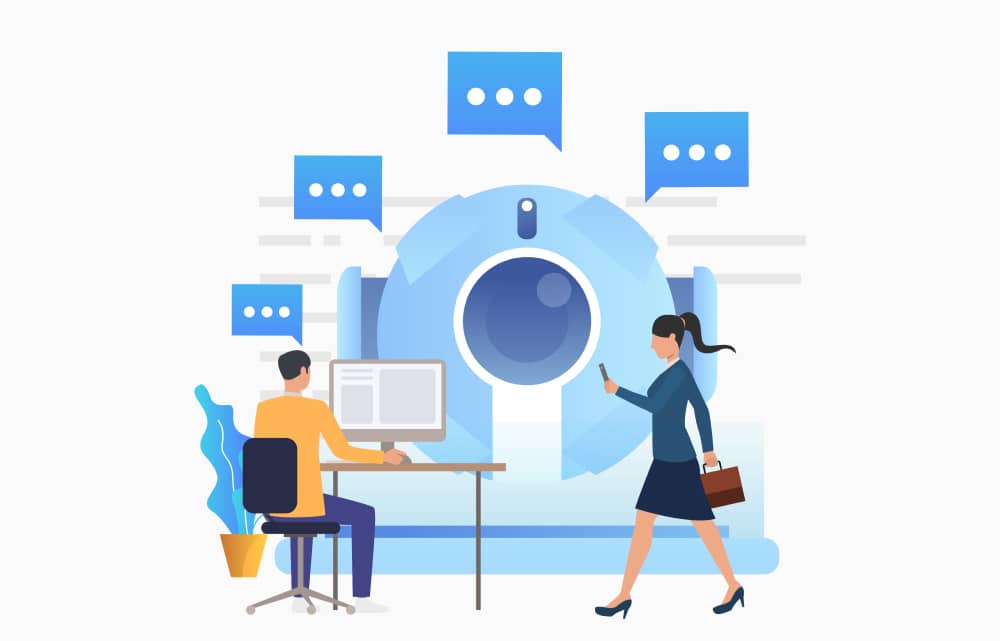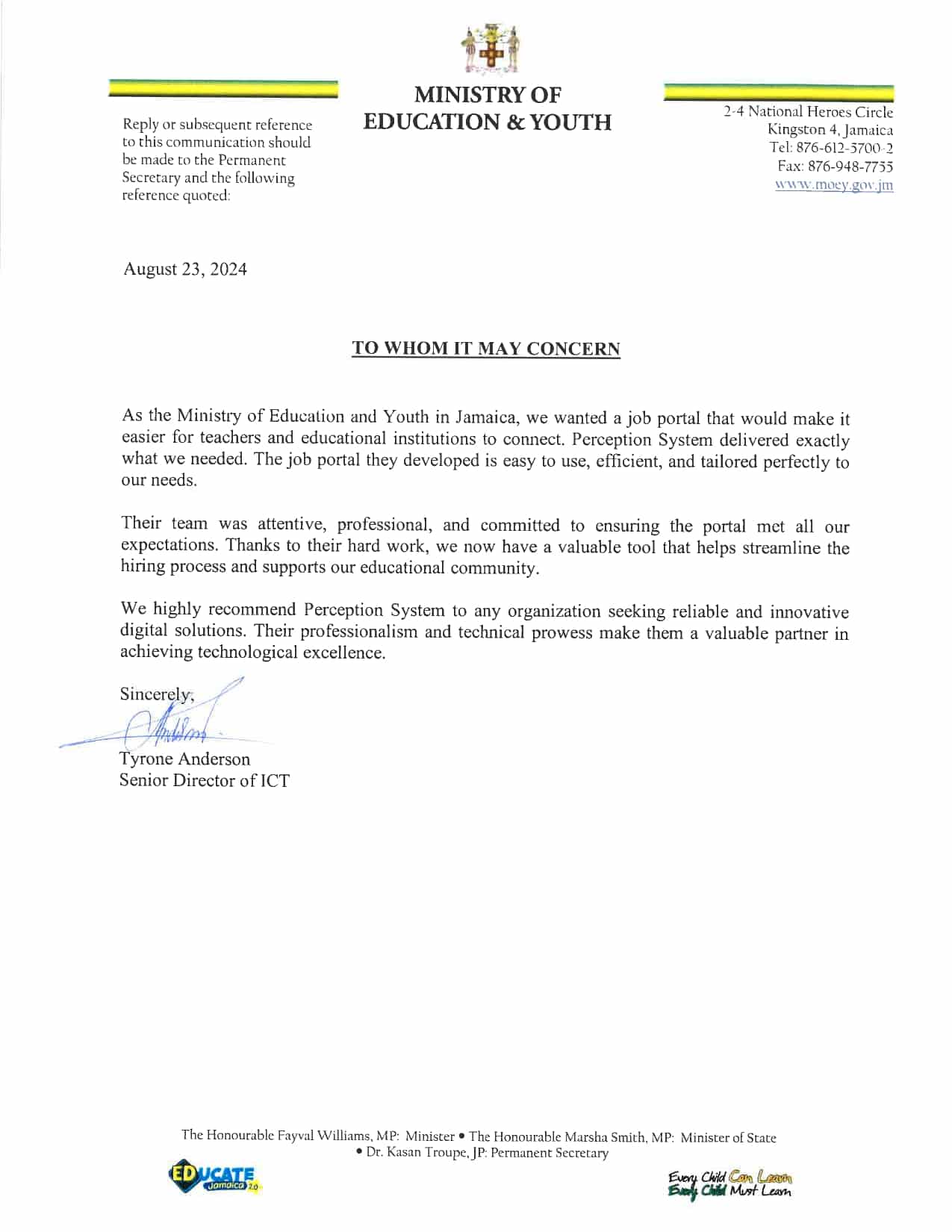Table of contents:
Understanding Applicant Tracking Systems (ATS)
Traditional vs. Custom ATS Software
Key Functions of a Typical ATS
Differences Between Off-the-Shelf and Custom ATS Solutions
Benefits of Customization
Examples of Customization
Simplifying Candidate Screening and Interview Scheduling
Automating Repetitive Tasks
Case Studies and Scenarios
The Role of AI and Machine Learning
Reducing Manual Intervention
Collaboration and Centralized Data Management
Improving Time-to-Hire and Cost-Per-Hire
Industry-Specific Customization
Adapting to Company Size
Personalized Candidate Interactions
Supporting Diversity and Inclusion
Common Problems with Generic ATS Software
How Custom ATS Solves These Issues
In the modern business landscape, recruitment is a vital aspect of organizational success. With companies striving to attract top talent and maintain competitive advantages, the tools used to streamline hiring processes play a critical role. Applicant Tracking Systems (ATS) are one such tool, revolutionizing the way companies manage job applications and candidate data. But as organizations grow and their recruitment needs become more sophisticated, a one-size-fits-all approach to ATS may no longer be sufficient. This is where custom ATS software becomes a game changer.
A Custom ATS is tailored to meet the unique requirements of an organization, offering greater flexibility and efficiency compared to traditional, off-the-shelf solutions. Businesses can now adapt their recruitment systems to align with specific goals, integrate seamlessly with other software, and enhance the overall candidate experience. In this blog, we will explore how custom ATS software can significantly improve recruitment, boost efficiency, and cater to the specific needs of your organization, transforming the way recruiting teams work.
Understanding Applicant Tracking Systems (ATS)

An Applicant Tracking System (ATS) is a software solution designed to help businesses manage their recruitment processes. It automates the collection, organization, and management of resumes and job applications. ATS is primarily used to streamline the recruitment workflow, from posting job openings to onboarding new hires. The software makes it easier to track candidates, schedule interviews, and manage hiring pipelines, helping recruiters save valuable time.
Traditional vs. Custom ATS Software
A traditional ATS is a standardized solution that is used by many organizations across industries. While it can handle basic functions like resume parsing, candidate filtering, and job posting, it often falls short in addressing the unique needs of businesses. On the other hand, custom ATS is designed specifically for a company’s requirements, allowing for a highly personalized and efficient recruitment process.
Key Functions of a Typical ATS
An ATS is equipped with several core functions, which include:
- Candidate Sourcing: Facilitates the collection of resumes from various sources like job boards, company websites, and social media platforms.
- Job Posting: Allows companies to create and distribute job ads across multiple platforms with ease.
- Resume Parsing: Scans resumes to extract key information such as skills, experience, and education, making it easier to sort and rank candidates.
- Candidate Screening: Helps recruiters screen candidates based on predetermined criteria such as qualifications, experience, and job compatibility.
- Interview Scheduling: Automates the process of scheduling interviews, saving time for both recruiters and candidates.
- Communication Tools: Enables seamless communication with candidates through emails, notifications, and reminders.
Why Customization Matters in ATS Software
While off-the-shelf ATS software can be effective for small or medium-sized organizations, the growing complexity of modern recruitment demands more flexibility. Custom ATS solutions provide businesses with the ability to tailor the software to their specific needs and scale as they grow.
Differences Between Off-the-Shelf and Custom ATS Solutions
Off-the-shelf ATS solutions are pre-built software packages that are available to a wide range of companies. While these solutions may be quick to implement and cost-effective in the short term, they often lack the depth of functionality and personalization required by growing businesses. Custom ATS software, on the other hand, is built with a company’s specific needs in mind, offering greater flexibility and adaptability.
Benefits of Customization
Customization of ATS software brings several advantages:
- Scalability: Custom ATS solutions can be designed to scale with a company as it grows, ensuring that the software can handle increasing data volumes and recruitment complexity.
- Flexibility: With customization, organizations can integrate the ATS with existing systems, such as HRIS, payroll systems, or other internal software, ensuring smooth data flow and streamlined operations.
- Long-Term Success: As businesses evolve, so do their recruitment processes. Custom ATS solutions can be updated and modified to accommodate changes in hiring strategies, workflows, and regulatory requirements.
Examples of Customization
Customization can include:
- Integration with Existing Systems: Connecting the ATS with other software tools that are critical to the business (e.g., HRIS or CRM systems) to improve efficiency.
- Specialized Features: Tailoring the ATS to include unique features that fit the company’s industry or recruitment practices, such as skills assessments or custom interview workflows.
- Reporting Tools: Creating custom dashboards and reports that provide insights into key recruitment metrics, such as time-to-hire and cost-per-hire, to help teams make data-driven decisions.
Streamlining Recruitment Processes with Custom ATS Software
Recruiting teams often face the challenge of managing a large volume of candidates and coordinating multiple aspects of the hiring process. ATS software can significantly streamline these tasks, reducing manual intervention and improving overall productivity.
Simplifying Candidate Screening and Interview Scheduling
Custom ATS automates repetitive tasks, such as screening resumes and scheduling interviews, making the process faster and more accurate. The software can automatically match candidates to job descriptions based on specific criteria, ensuring that only the most qualified individuals are moved forward in the hiring pipeline. Interview scheduling becomes more efficient by syncing with the calendars of both candidates and hiring managers, eliminating back-and-forth communication.
Automating Repetitive Tasks
By automating routine tasks, custom ATS solutions allow recruitment teams to focus on high-value activities, such as interviewing candidates and evaluating cultural fit. The software can also streamline communication with candidates, sending automated emails and updates about their application status, saving time and reducing the workload on recruiting staff.
Case Studies and Scenarios
For instance, a tech company experiencing rapid growth faced difficulties managing the high volume of applications. By implementing a custom ATS, they were able to automate resume screening, prioritize candidates with the right technical skills, and schedule interviews with minimal manual effort. This improved their time-to-hire by 30%, allowing them to onboard top talent faster.
The Role of AI and Machine Learning
AI-powered features in custom ATS can enhance the recruitment process by automating candidate matching and job recommendations. Machine learning algorithms can analyze data from past hiring patterns to predict which candidates are most likely to succeed in a given role, further optimizing the hiring process.
Increasing Efficiency and Productivity in Recruitment
Recruitment teams often struggle with inefficiencies, such as manual data entry and disjointed workflows. ATS software addresses these challenges by providing tools that enhance collaboration, improve data management, and reduce human error.
Reducing Manual Intervention
With customized workflows, recruitment teams can minimize the need for manual intervention, reducing the risk of errors and delays. Custom ATS solutions can also automate reporting, making it easier for managers to track key performance indicators (KPIs) and evaluate recruitment performance.
Collaboration and Centralized Data Management
Custom ATS platforms often include shared dashboards, task assignments, and messaging features that improve collaboration among team members. This centralized approach ensures that all team members are on the same page and can access candidate information at any time, improving communication and reducing delays in the hiring process.
Improving Time-to-Hire and Cost-Per-Hire
Customized workflows can streamline each step of the recruitment process, from job posting to candidate selection, ultimately reducing time-to-hire and lowering cost-per-hire metrics. By automating repetitive tasks and eliminating inefficiencies, custom ATS software enables recruiting teams to focus on hiring the best talent without unnecessary delays.
Meeting Specific Business Needs with Custom ATS Software
Every business has its own set of challenges, and one-size-fits-all recruitment software often falls short in addressing these needs. Custom ATS solutions provide the flexibility to tailor the software to fit specific industry requirements, regulatory compliance, and company size.
Industry-Specific Customization
For example, healthcare organizations often require ATS software that complies with strict industry regulations, such as those set forth by HIPAA in the U.S. A custom ATS can be configured to meet these compliance requirements, ensuring that sensitive candidate data is handled appropriately. Similarly, tech companies may need custom software with features that can assess coding skills or technical experience, which generic ATS solutions may not support.
Adapting to Company Size
Whether a company is a small startup or a large enterprise, ATS software can be scaled and adjusted to suit its needs. A growing startup may require a lightweight solution with simple workflows, while a large corporation might need a more robust platform with advanced reporting and integration capabilities.
Enhancing Candidate Experience with Custom ATS

A smooth, personalized candidate experience is essential for attracting top talent. Custom ATS can significantly improve this aspect by offering user-friendly interfaces, customized branding, and more.
Personalized Candidate Interactions
Custom ATS allows businesses to tailor communication with candidates, making the application process feel more personalized. From branded application portals to custom communication templates, candidates will feel more engaged throughout the hiring process.
Supporting Diversity and Inclusion
Custom ATS can be designed to reduce unconscious bias in hiring by focusing on objective criteria such as skills and experience, rather than personal characteristics. It can also support diversity initiatives by tracking diversity metrics and ensuring that the hiring process remains inclusive.
Overcoming Common ATS Challenges with Custom Solutions
While off-the-shelf ATS solutions offer basic functionality, they often come with limitations that hinder recruitment teams’ ability to adapt to changing needs. Custom ATS can address these challenges.
Common Problems with Generic ATS Software
Off-the-shelf ATS solutions are often rigid, with poor integration capabilities and complex user interfaces. This can result in poor user adoption, incomplete data tracking, and slower decision-making.
How Custom ATS Solves These Issues
Custom ATS is built with flexibility and integration in mind, allowing businesses to seamlessly incorporate the tool into their existing workflows and systems. Additionally, custom solutions can be optimized for ease of use, ensuring a smooth user experience for both recruiters and candidates.
Conclusion
Custom ATS software is an invaluable tool for recruiting teams looking to streamline processes, improve efficiency, and meet the unique needs of their business. By providing tailored solutions that integrate seamlessly with existing systems, automate repetitive tasks, and enhance the candidate experience, custom ATS software can transform the way companies recruit talent.
As businesses continue to grow and face more complex recruitment challenges, investing in ATS software is not just a smart decision—it’s a game changer. If you want to stay competitive in the talent acquisition space, now is the time to consider adopting a custom ATS solution.





